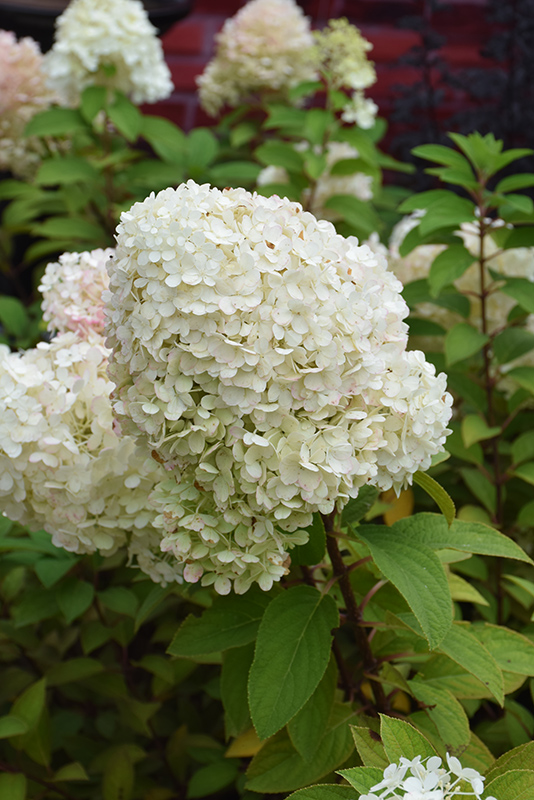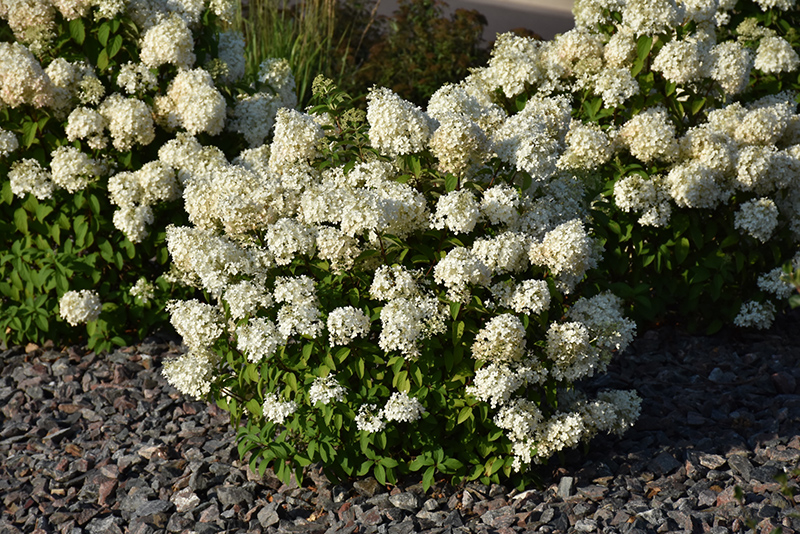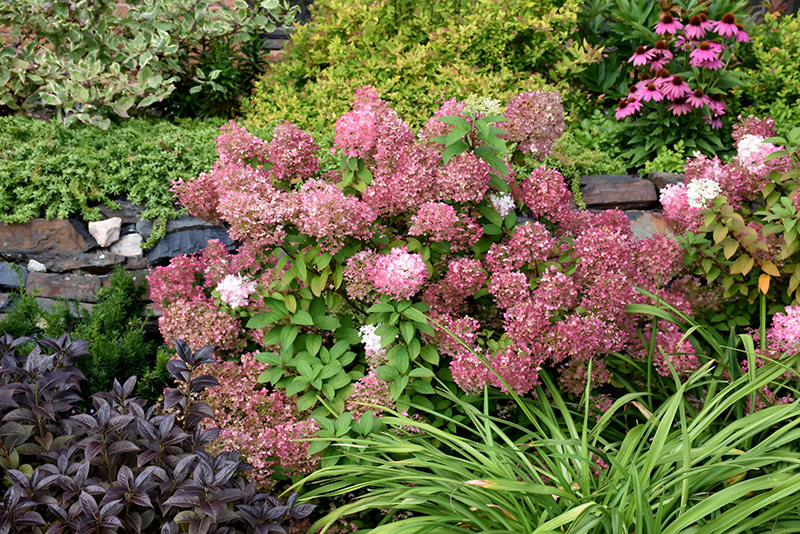Bobo Hydrangea
Hydrangea paniculata 'ILVOBO'
Height: 3 feet
Spread: 4 feet
Sunlight:
![]()
![]()
Hardiness Zone: 4
Description:
An attractive dwarf variety that provides an abundance of conical white flowers at the ends of the branches over an extended period; flowers start out white and soften to pink towards fall; benefits from a regular pruning regimen
Ornamental Features
Bobo Hydrangea features bold conical white flowers at the ends of the branches from mid summer to early fall. The flowers are excellent for cutting. It has green deciduous foliage. The pointy leaves do not develop any appreciable fall color.
Landscape Attributes
Bobo Hydrangea is a multi-stemmed deciduous shrub with an upright spreading habit of growth. Its relatively coarse texture can be used to stand it apart from other landscape plants with finer foliage.
This shrub will require occasional maintenance and upkeep, and is best pruned in late winter once the threat of extreme cold has passed. It has no significant negative characteristics.
Bobo Hydrangea is recommended for the following landscape applications;
- Accent
- Mass Planting
- General Garden Use
Planting & Growing
Bobo Hydrangea will grow to be about 3 feet tall at maturity, with a spread of 4 feet. It tends to be a little leggy, with a typical clearance of 1 foot from the ground. It grows at a medium rate, and under ideal conditions can be expected to live for 40 years or more.
This shrub does best in partial shade to full shade. Keep it well away from hot, dry locations that receive direct afternoon sun or which get reflected sunlight, such as against the south side of a white wall. It prefers to grow in average to moist conditions, and shouldn't be allowed to dry out. It may require supplemental watering during periods of drought or extended heat. It is not particular as to soil type or pH. It is highly tolerant of urban pollution and will even thrive in inner city environments. Consider applying a thick mulch around the root zone in both summer and winter to conserve soil moisture and protect it in exposed locations or colder microclimates. This is a selected variety of a species not originally from North America.



